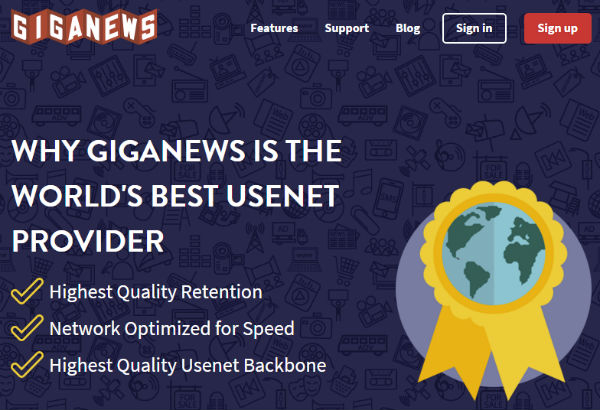 Adult magazine publisher Perfect 10 has made a business out of suing online services for allegedly facilitating copyright infringement.
Adult magazine publisher Perfect 10 has made a business out of suing online services for allegedly facilitating copyright infringement.
Over the past several years the company has targeted a dozen high-profile companies including Google, Amazon, Yandex, MasterCard, Visa, Leaseweb, RapidShare, Depositfiles and Giganews.
Private settlements aside the legal campaigns haven’t been particularly successful for the publisher. Last year Perfect 10 lost another battle against Giganews, with the court ordering the company to pay $5.6 million in legal fees.
This case is now on appeal where it has attracted the attention of several major players, including the RIAA. The music industry group has joined Perfect 10 and argues that Giganews should be held responsible for its infringing activities.
In a brief submitted to the court the RIAA notes that, unlike several decades ago, Usenet is no longer a neutral means to share files. Instead, it’s populated by many “shady” companies who intentionally sell access to pirated content.
“Shady companies now use the Usenet network to copy copyrighted movies, music, software, and images from servers known to host pirated content; store those works on their own servers for extended periods of time to maximize the availability of the infringing content; and then distribute those pirated copies to their users,” the RIAA writes.
“These companies profit handsomely by charging their users monthly fees for private access to this unauthorized content – fees that increase based on the amount of content users download,” they add.
The RIAA goes on to cite a study which suggests that an overwhelming majority of the audio files shared through Giganews are likely to be copyright infringing.

The appeal has also introduced a dispute over the “volitional conduct rule,” which prescribes that Internet services can only be held directly liable if they also control the decision to copy pirated works.
Among other things the RIAA argues that this rule shouldn’t apply in the current case because it’s widely criticized and questioned by other courts, most recently by the Supreme Court in the Aereo case.
However, this stance is fiercely opposed by several digital rights groups including The Internet Association, the Computer & Communications Industry Association (CCIA), the EFF and Public Knowledge.
In two separate amicus curiae briefs submitted to the court this week, they urge the Court of Appeals not to reverse the District Court decision, as that may be disastrous for a free and open Internet.
When Internet services face direct liability, they may be inclined to block legitimate content or prevent content being posted, just to avoid legal issues, they argue.
“If an intermediary faces the possibility of potentially unlimited legal liability for content hosted, transmitted, or disseminated through its services by a small minority of users, it will feel compelled to scrutinize and limit all user activities,” the brief filed by EFF and Public Knowledge (pdf) reads.
“This is likely to lead to over-blocking, sacrificing lawful content in an effort to limit potential litigation. The strong incentive to over-block can cause particular harm to free speech where, as here, intermediaries often are not able to easily determine if the content is unlawful on its face,” the groups add.
The Internet Association and the CCIA, which includes prominent members such as Google, Facebook and Microsoft, agree (pdf) that scrapping the volitional conduct rule “would chill legitimate speech.”
According to the RIAA, however, it’s clear that Giganews profits from piracy and a ruling supporting this wouldn’t threaten the future of the Internet.
“This case simply involves defendants who utilize the Usenet to profit from piracy by selling access to infringing content from private servers that they control,” RIAA writes.
“Unlike legitimate service providers involved in the early Usenet cases, the defendants here are committing blatant copyright infringement. Recognizing this fact does not undermine in any way the operation of the open Internet,” they add.
It is now up to the court to weigh up the arguments from both sides.





